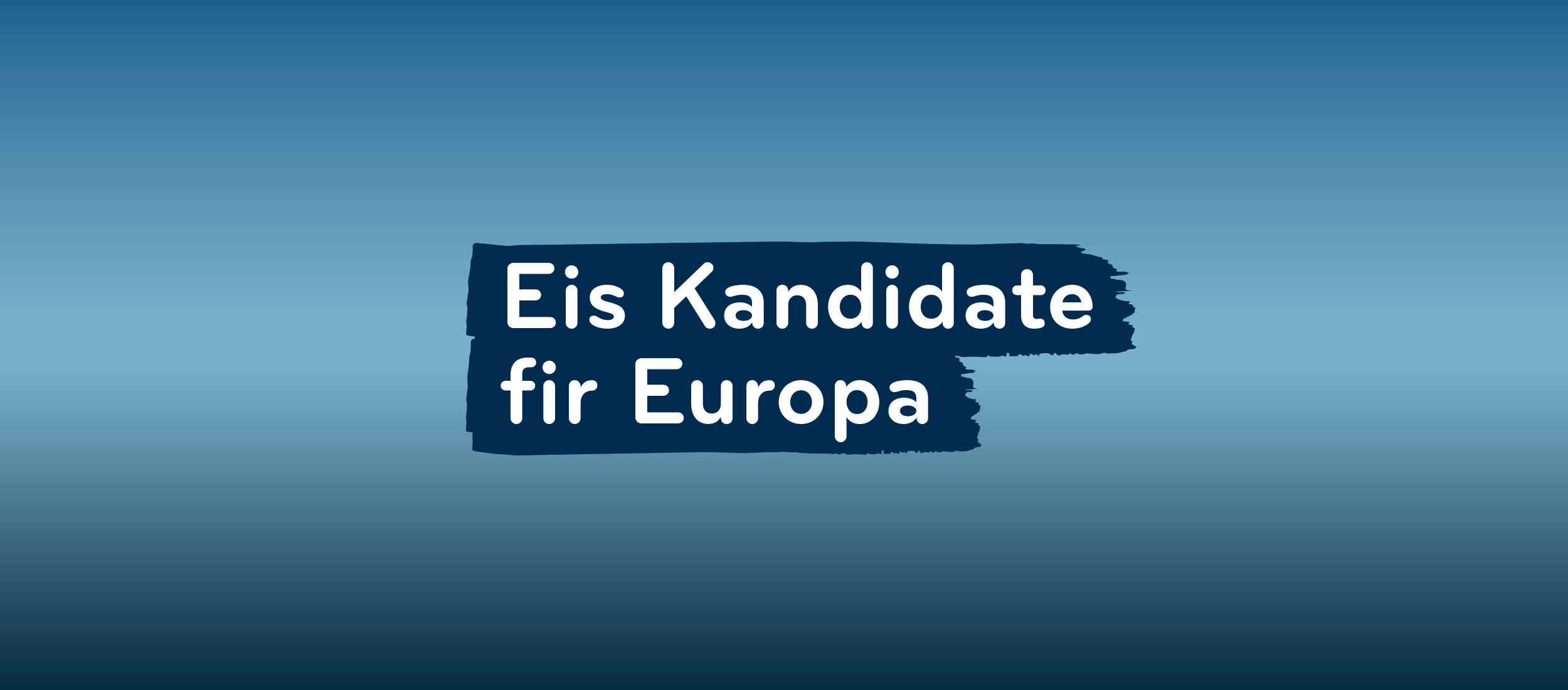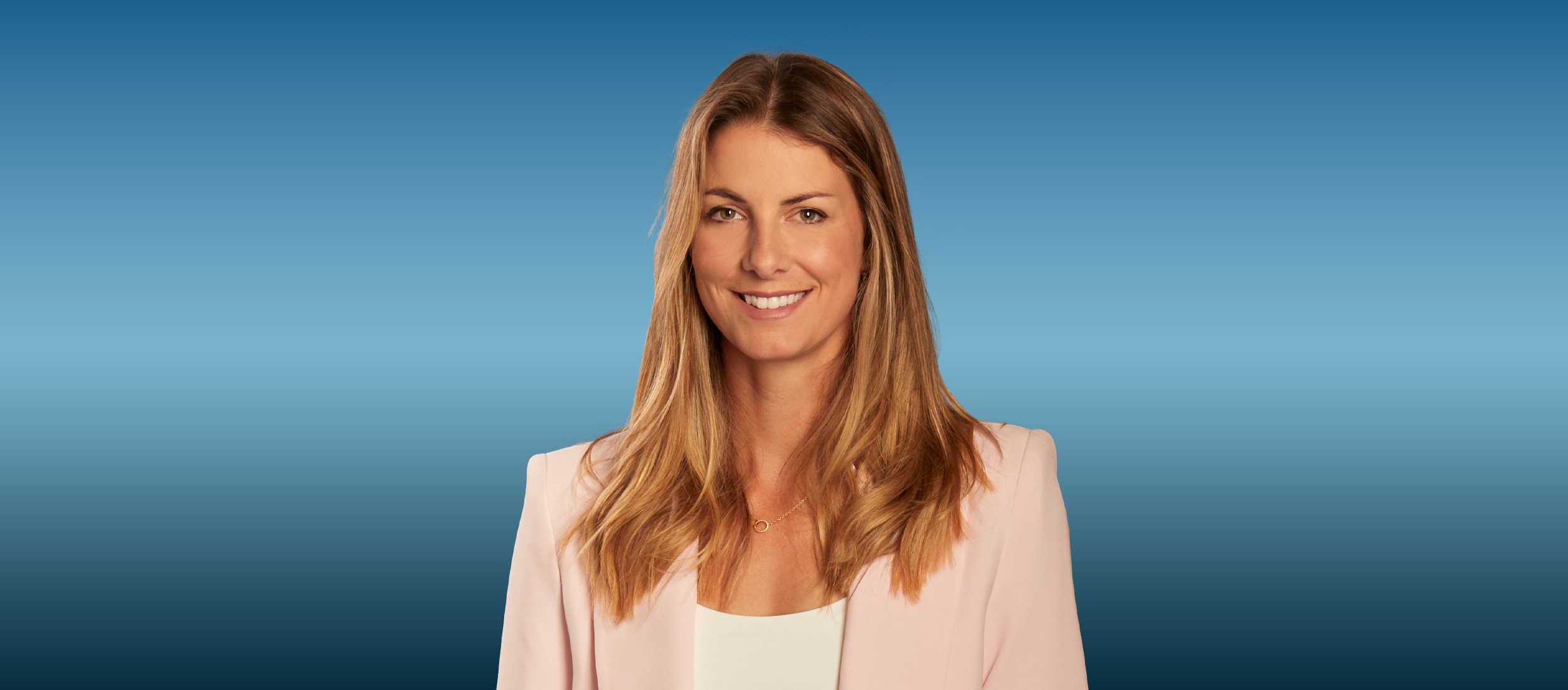DP: Corinne, you regularly visit old people’s homes and care homes. How are people doing?
CC: For the most part, the residents are doing well. However, I get told every day by older people that they never want to be imprisoned again. I can understand that very well. We will therefore do everything in our power to ensure that everyone can live their lives independently, including in retirement and care homes. At the same time, we will of course also protect the inhabitants as much as possible from Covid-19. The residents of the old people’s homes and care homes are almost all vaccinated. I hope the Covid 19 will soon be just another bad memory.
DP: What has the Ministry of the Family done so far during the crisis?
CC: In March of last year, we have been working hard to ensure that homes are provided with the necessary protective equipment. That was not easy at the time, we lacked everything. Together with the executives we made sure that residents were kept mentally and physically in motion during the first lockdown. We have also drawn up and adapted recommendations with the health ministry and with COPAS (ie the sector), to which the houses have all adhered. These recommendations regulate the behavior of managers, staff, residents and, in different situations, the materials they must use, the procedures they must apply.
It was important for us to give differentiated answers to very different situations at all times.
Corinne Cahen
In addition, together with the doctors, we organized so-called Lignes de garde so that people could be treated and cared for at home – even at night and on weekends. It was important for us to always find a balance between virus protection and personal freedom. And the measures had to be such that they did not make people sicker than Covid itself.
We organized Kit Covid (the right medicines so that people could be properly cared for), we organized hygiene trainings and we put in place indicators for monitoring. All this in addition to the constant contact I have always had with the management to be able to react to each individual situation together.
We also immediately put in place the sanitary reserve, which the managers also relied on. We must not forget that, due to quarantine and isolation, staff have repeatedly dropped out.
With the LST, we introduced a systematic testing in the houses in autumn 2020, both residents and staff were regularly tested and at the end of December 2020, the vaccination campaign started.
When reliable rapid tests were finally introduced last year, they were incorporated into the COVID law and are still used systematically today by residents, staff and visitors.
DP: What was the worst thing for you during that time?
CC: It’s worst when people get sick and die. I’ve been through so many serious situations myself, that gets to you very much. It also hurt me a lot when people cried because they were not allowed to see their family. It’s awful to have to deprive people of their freedom to protect them. And then make the split, between those people who are terribly afraid of the virus, and those who would rather take the risk of taking their loved ones in their arms than be isolated. That is why in the autumn we also decided not to close the houses anymore, but to substantially increase the security measures around the houses, with the guard lines, the testing and then the vaccination.


DP: How is the sector preparing for autumn?
CC: Residents are almost all vaccinated and they will now have the right to a third vaccination to increase their antibodies again. This means that the course of an infection should not be so severe. I would be happy if the vaccination rate were even higher for staff.
I will be issuing new recommendations, which we have drawn up together with the care sector and the health sector. It’s mainly about how to behave when some residents are positive again. And those who move into structures have to quarantine if they are not vaccinated.
DP: Is it possible to visit old people’s homes and care homes again?
CC: Yes, visiting is essential for the elderly. That is why we want to do everything in our power not to restrict visits anymore. The “covid check” applies when visiting an old people’s home or a nursing home.
This works very well and we will keep up the good work. The visitor should wear a mask and, if possible, keep his distance. Everyone must help to get the virus out of the homes. And that works best if sanitary measuresare respected.








